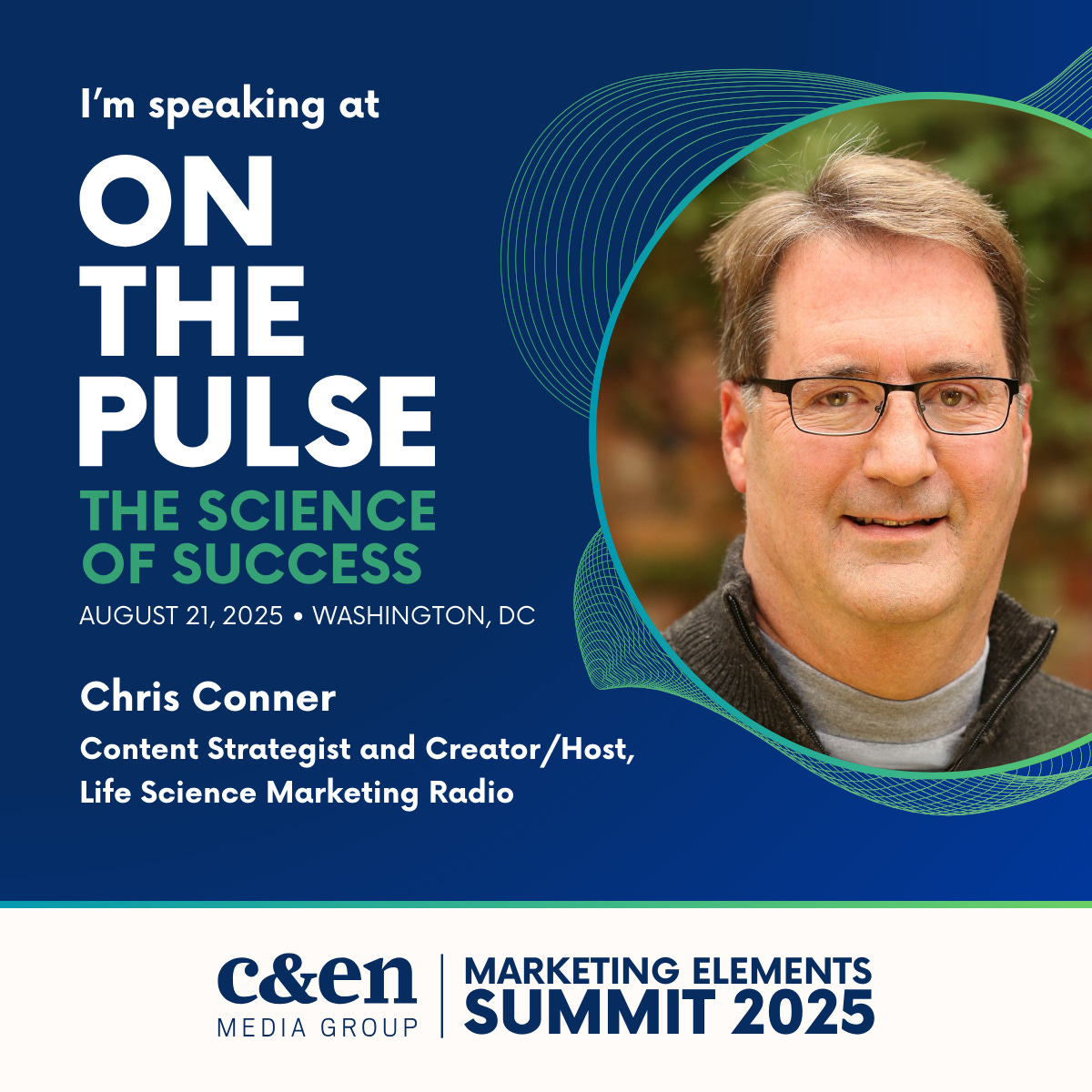I recently had the opportunity to listen to several business leaders speak at the WSJ Future of Everything conference. Life science and pharma were represented, but there were also executives from media, sports, travel, banking, education, etc.
I attended with a group, and at the end of each day’s session, we gathered for dinner to reflect on what we heard. My first observation is that in a group of just 10 people, not everyone heard the same things. And I don’t just mean we each took something different away from certain speakers. If I recall correctly, there were cases where two people might have taken away the opposite message.
The sessions were all interview-based and clearly prepared but not scripted. As most of the topics were of interest, but not directly relevant to me, I paid attention to what I paid attention to.
Here is what I noticed. Regardless of the topic, if I felt like I was learning, you could have my attention for as long as you kept teaching me about how things work in your world. Some interviews could have gone longer. Others could have been an email.
What was not interesting was a CEO sounding like a press release, talking about how proud they were of the things their people had done without any insight. I’m all for storytelling, but without the why and the how, I didn’t see the value.
When we’re marketing to scientists, we talk a lot about storytelling, which is not as easy as it sounds. In the end, scientists want to see data. How can you prove that your product or service will do what you say it does? There are always charts and graphs and specs…
But trust isn’t earned with data alone. You might say it’s in the metadata - how and why you figured it out. It would be helpful to know who produced the data and how it was produced. And I don’t just mean methods. Tell us about your approach to solving problems.
I might ask, “How was this product or service developed? Why do you do it that way? What did you see as the core problem that others did not?” The answers to questions like these reveal something about the company and the people behind the offering, which can help build trust. It’s also an opportunity to tell a story and make it relevant, educational, and maybe even inspiring.
If you're marketing to a skeptical, evidence-driven audience, ask yourself: What do they need to understand and feel, not just see, to believe you?
Chances are, you're missing out on stories that explain the “how” and “why” behind your work. Those are stories worth telling if you can find them. My friends Elizabeth Chabe and Hamid Ghanadan pointed at this idea in our recent webinar about Responding to Disruptions in Scientific Funding. I’ll write more about that in my next post.
Your deepest insights are your best branding. I’d love to help you share them. Chat with me about custom content for your life science brand. Or visit my website.
BTW, I hope you’ll consider joining me here:




